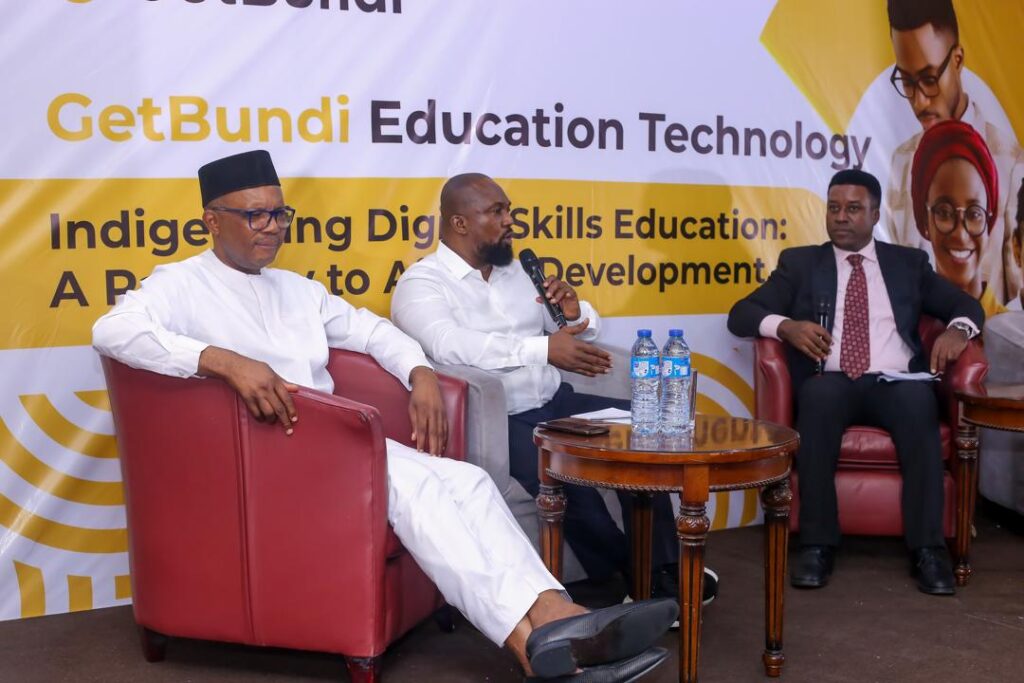
Private sector-led efforts to improve access to electric power for businesses and communities in the emerging markets have increasingly become a key trend in recent times with several energy solutions providers like ENGIE Energy Access focusing on integrated ecosystem of decentralised solutions such as mini-grids and solar home systems.
Two ends are aimed at improving the efficiency level of power to on-grid customers and providing efficient and affordable power to first-time customers and communities through off-grid system. The reasons are not far-flung – inadequate energy access continues to undermine real growth and impacts the quality of life in Africa as larger populations of rural dwellers are unserved, while many in the cities are underserved due to low capacity of existing national grid networks.
A worrisome development, lack of access to electricity is one of the key challenges the United Nations Sustainable Development Goals (MDG 7) seek to address as at least 770 million people are without access to electricity globally: 77 per cent of them living in Sub-Saharan Africa. In Nigeria, 92 million people lack access to electricity – a challenge exacerbated by low investment in electric power infrastructure, growing energy demand because of rising population, and climate change factors.
As the need to improve energy access becomes increasingly overwhelming for African governments, so is private sector support increasingly inevitable. At the heart of this paradigm, innovation is, however, very pivotal, and ‘The Industry Discourse’ (TID), held in Nigeria, in May 2023, is a reference example of this innovation imperativeness.
As the largest student-led energy conference in the Sub-Saharan Africa region that brings together young people across the African continent to gain knowledge in creating innovative energy solutions, TID is focused on bridging the gap between students and the energy industry, fostering synergy and driving positive change.
Thus, at the heart of their innovative approach to evolving solutions to the peculiar energy access challenge on African continent, the organisers of TID comprising industry leaders launched a hackathon called ‘Innovation Challenge’ as a key activity of this year’s TID event. The hackathon brought together undergraduates from Nigerian tertiary institutions with the mandate of employing data science to foster access to clean energy by millions of people who lack electricity.
The teams of software developers, carefully selected by industry experts, between Monday, April 24 and Saturday, May 20, 2023, went through idea pitch process to showcase their ingenuity by coming up with software solutions that could help mini-grid companies choose the best sites for development, putting into consideration various criteria including solar irradiation, size of community, and presence of productive activities among others.
ENGIE Energy Access, with a global footprint in low-carbon energy and services, as part of its Corporate Social Responsibility (CSR) investment supported the annual TID event, and even went a step further by providing a financial contribution of US$3,000 (N2.1m) for the winners of the Innovation Challenge. The first team of innovators, PERIHELION won $1,500; the second team TEMT Energy won $1,000, while the third-place team AGROLL won $500. The funding support, according to the company, was to motivate the hackathon winners to take their innovation ideas to a higher level.
Managing Director, ENGIE Energy Access Nigeria, Mangiza Phiri, described the company’s sponsorship of the hackathon as a further affirmation of the company’s commitment to efforts at addressing energy access challenge in Nigeria and other African countries with high population of underserved communities due to low capacity of national grids.
“This sponsored challenge holds great significance as we seek to address the pressing energy access challenges in Africa. By supporting the Innovation Challenge, ENGIE Energy Access not only positioned itself as a champion of youth talent but also encouraged innovative solutions to African energy problems,” he said.
The company’s Head of Mini Grid, Onyiye Anene-Nzelu, one speaker on the Energy Transition panel/presenter of the award, said the innovative solutions proffered by the winners of the hackathon were significant for the Nigerian energy sector specifically the transition to cost-efficient off grid power solutions and other alternative clean energy sources.
“At ENGIE Energy Access, we believe that the outcomes of this hackathon have the potential to drive software innovation, benefitting our operational workflow and potentially saving time, cost and labour force. Also, it enables us to identify and connect with exceptional minds passionate about the energy transition, and fostering talent discovery,” she stated.
Anene-Nzelu added that the CSR investment affirmed ENGIE Energy Access’ commitment to empowering the next generation of innovators and driving positive change in the energy sector, while assuring of further collaborations that could create a lasting impact in Africa’s energy landscape.
Indeed, for ENGIE Energy Access, the software solutions developed by the young Nigerians who took part in the Innovation Challenge hackathon, could further stimulate efforts at reducing the number of millions of communities without access to any form of reliable electricity across Nigeria and Africa.
“Sub-Saharan Africa has the world’s lowest energy access rate – with over half of its people unconnected. Solving this growing problem requires grand-scale innovation, and this is what ENGIE Energy Access offers. As a leading Pay-As-You-Go and mini-grids solutions provider in Africa, the company ’s mission is to deliver affordable, reliable, and sustainable energy solutions and life-changing services with exceptional customer experience,” Phiri further asserted.
Nigeria has been selected as the focus geography given the country’s recent energy transition plan, significant energy access gaps, and the potential for off-grid renewables. Therefore, the best among the pitched solutions will have the potential for application in other African geographies as the search for solutions to bridging the energy access gap continues.













